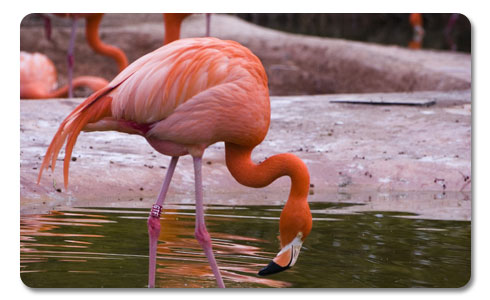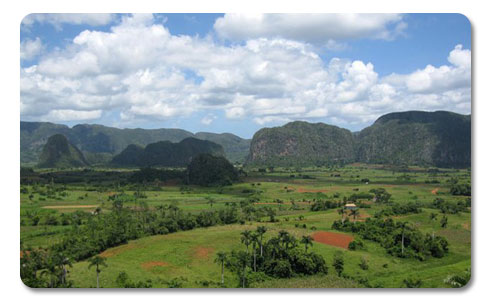|

Film Synopsis
Cuba may have been politically and economically restricted for the past 50 years, but its borders have remained open to wildlife for which Cuba’s undeveloped islands are an irresistible draw. While many islands in the Caribbean have poisoned or paved over their ecological riches on land and in the sea, in pursuit of a growing tourist industry, Cuba’s wild landscapes have remained virtually untouched, creating a safe haven for rare and intriguing indigenous animals, as well as for hundreds of species of migrating birds and marine creatures. Coral reefs have benefited, too. Independent research has shown that Cuba’s corals are doing much better than others, both in the Caribbean and around the world.
Scientific research in Cuba on creatures such as the notoriously aggressive “jumping” crocodile, and the famous painted snails, paired with long-term ecological efforts on behalf of sea turtles, has been conducted primarily by devoted local experts. Conservation and research in Cuba can be a constant struggle for scientists who earn little for their work. But their work is their passion, and no less important than that of those collecting larger salaries. NATURE follows these scientists as they explore the crocodile population of Zapata swamp, the birth of baby sea turtles, and the mysteries of evolution demonstrated by creatures that travel no more than 60 yards in a lifetime.
As the possibility of an end to the U.S. trade embargo looms, Cuba’s wildlife hangs in the balance. Most experts predict that the end of the embargo could have devastating results. Tourism could double, and the economic development associated with tourism and other industries could change the face of what was once a nearly pristine ecosystem. Or Cuba could set an example for development and conservation around the world, defining a new era of sustainability well beyond Cuba’s borders.

Director’s Biography
|